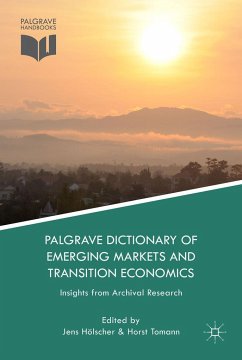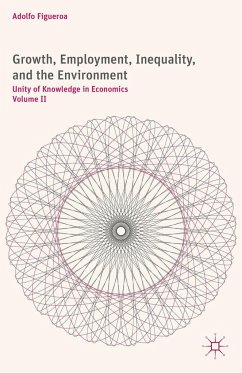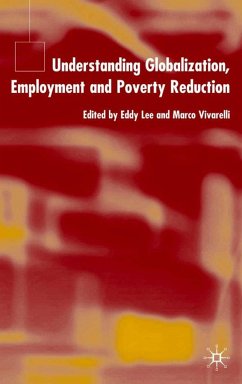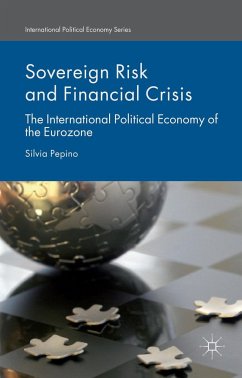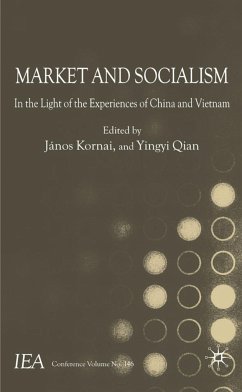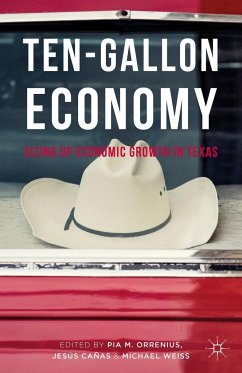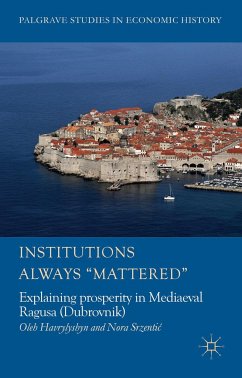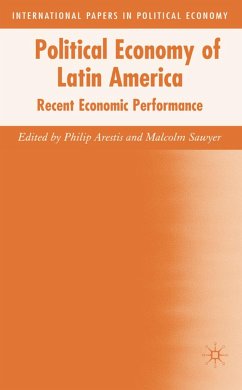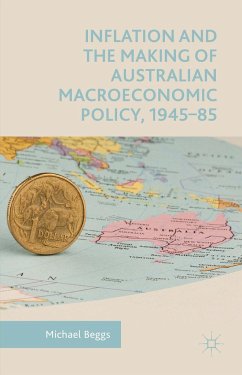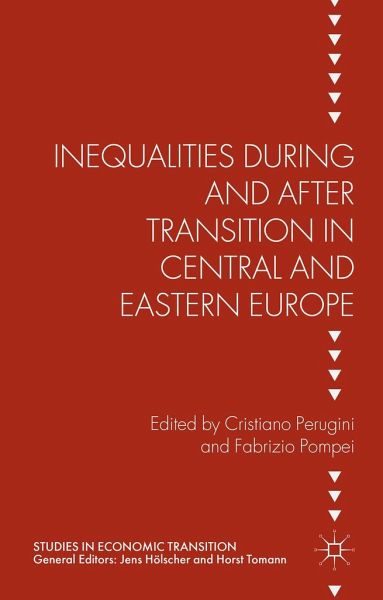
Inequalities During and After Transition in Central and Eastern Europe
Versandkostenfrei!
Versandfertig in 6-10 Tagen
76,99 €
inkl. MwSt.

PAYBACK Punkte
38 °P sammeln!
The book deals with the key aspects of social and economic inequalities developed during the transition of the formerly planned European economies. Particular emphasis is given to the latest years available in order to consider the effects of the global crisis started in 2008-2009.





